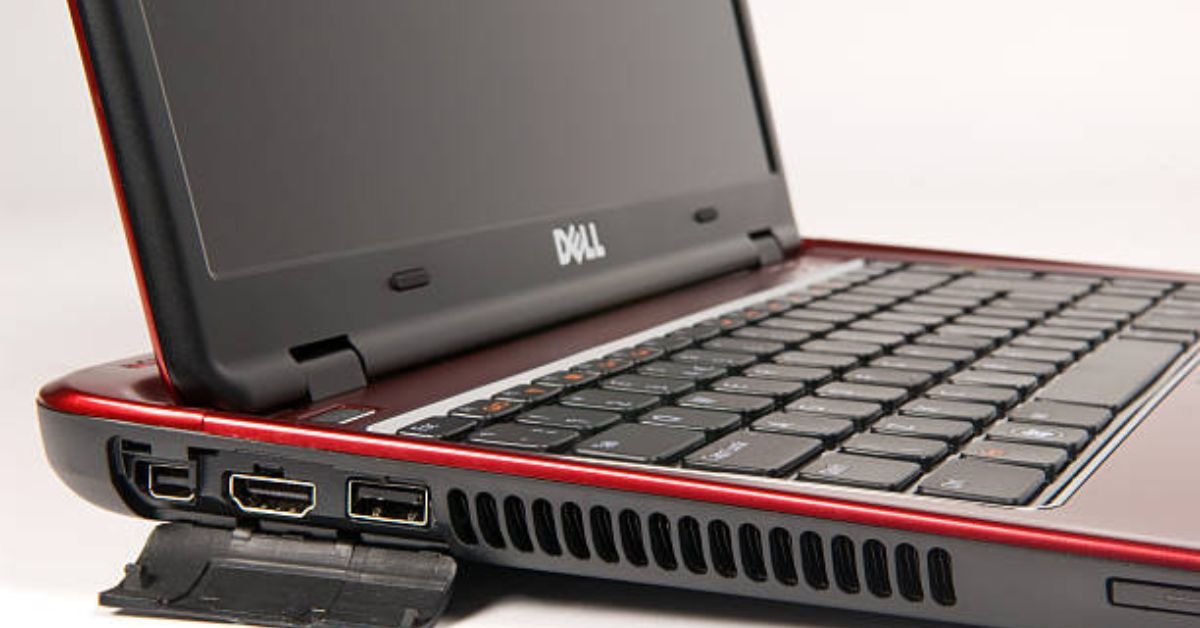XPS 15 laptop power ports are designed to provide a convenient and efficient way to charge your device. However, like any other electronic component, they can be prone to issues. In this section, we’ll explore the common problems associated with XPS 15 laptop power ports and provide troubleshooting tips.
XPS 15 Laptop Power Ports Not Working
If your XPS 15 laptop power ports are not working, it can be a frustrating experience. Here are some common causes and solutions:
- Loose connections: Check if the power cord is securely connected to both the laptop and the power source.
- Faulty power adapter: Try using a different power adapter to rule out any issues with the adapter.
- Power port damage: Inspect the power port for any physical damage or debris.
Dell XPS 15 Not Charging or Turning On
If your Dell XPS 15 is not charging or turning on, it can be a serious issue. Here are some possible causes and solutions:
- Battery issues: Try removing the battery and plugging in the power adapter to see if the laptop turns on.
- Power supply problems: Check if the power supply is functioning correctly and providing the required voltage.
- Motherboard issues: If the motherboard is faulty, it may prevent the laptop from charging or turning on.

Dell XPS 15 7590 Not Charging
If your Dell XPS 15 7590 is not charging, it can be a frustrating experience. Here are some possible causes and solutions:
- Charging port issues: Check if the charging port is clean and free of debris.
- Power adapter problems: Try using a different power adapter to see if it resolves the issue.
- Battery calibration: Try calibrating the battery to see if it resolves the charging issue.
Real-Life Example: XPS 15 Power Port Problems
“I was experiencing issues with my XPS 15 power port, and it was driving me crazy,” says John, an XPS 15 user. “I tried cleaning the port and replacing the power adapter, and it resolved the issue. Now my laptop is charging and working perfectly.”
FAQs
Q: Why is my XPS 15 laptop power port not working?
A: There are several reasons why your XPS 15 laptop power port may not be working, including loose connections, faulty power adapters, and power port damage.
Q: How do I troubleshoot my Dell XPS 15 not charging or turning on?
A: To troubleshoot your Dell XPS 15 not charging or turning on, try checking the power cord, power adapter, and battery.
Q: What are the common causes of Dell XPS 15 7590 not charging?
A: The common causes of Dell XPS 15 7590 not charging include charging port issues, power adapter problems, and battery calibration issues.
Q: How can I optimize my XPS 15 laptop power ports for better performance?
A: To optimize your XPS 15 laptop power ports for better performance, try using a high-quality power adapter, keeping the power port clean, and avoiding overheating.
Conclusion
XPS 15 laptop power ports are a critical component of your device, and understanding how to troubleshoot and optimize them is essential. By following the tips and solutions provided in this article, you can resolve common issues and ensure your laptop is charging and working efficiently.
CLICK HERE FOR MORE BLOG POSTS
There’s a certain weight in the words John Authers writes—not just because of what he knows, but how he shares it. His voice doesn’t just echo facts; it builds meaning. In a world overwhelmed by rushed opinions and robotic summaries, John’s writing feels… different. It feels lived-in, thoughtful, and deeply human.
Readers don’t turn to John for headlines—they come for context. They come for that rare blend of clarity, insight, and emotional depth that turns financial journalism into something closer to storytelling. His reflections on markets, geopolitics, or human behavior aren’t just readable—they’re relatable.
What sets John apart isn’t just his experience (though he has plenty of it). It’s his ability to pause, reflect, and explain the why behind the what. He writes like someone who’s been in the room where it happens—but never forgets the reader who hasn’t.
In 2025, when AI churns out articles in milliseconds, John Authers still writes like a human—and that, more than anything, is what makes his work worth reading.











